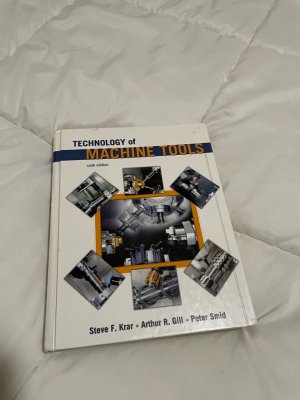- Joined
- Feb 21, 2022
- Messages
- 849
Thanks for the post it really helps to know what you need.Hi, beginner here. In fact, I'm one of the people who would hugely benefit from this idea, but lack the experience to use it.
Seems paradoxical, but let me explain.
When you're a rank beginner, and you want to make a milling hammer, you look for plans to make a hammer.
Then you start trying to figure out what tooling you need to make said hammer. It's not self-explanatory so you ask 3 different machinists
Machinist A tells you you need a,b,c
Machinist B tells you you need a,c,d
Machinist C tells you you need d,f,x
And so on.
And the thing it takes a while to know is - they're all right. If you use THEIR lathe/mill, THEIR vise, and THEIR brand/size tooling - you can build a perfect hammer using those suggestions.
But what if you don't have their equipment ? What changes?
The answer is - everything. And nothing. But maybe something. And neither they nor you will know for sure.
So what does a beginner do? We buy a,b,c,d, f, and x, usually of substandard quality to make up for the quantity necessary, get substandard results because we focused too much on HOW those machinists did something, rather than WHY - and get frustrated.
Or we get terrified of breaking the machine, our tooling, or ourselves and simply don't ever start.
Especially with the cost of bar and round stock right now. Buying a bar of machinable brass and stainless steel to make that hammer will set you back almost $50, because beginners don't have robust piles of metal stock just lying around to make those things from.
This is the same reason we don't use search much. We're looking for the exact set of circumstances that benefit us without understanding the over and underlaps, so we get either no results or too many.
I'm looking for information about MY machine, or MY situation, and I lack the knowledge to understand that the advice given applies to all of the machines and situations, in some instances.
So if we're going to build a thread like this, it needs to focus on WHY the part needs that particular end mill or tap, not HOW so that we with the Taigs, HFs, Atlases, Proxxons, and Unimats can take that information from you with your Bridgeports and Clausings and apply it to OUR build.
[gets off of soapbox]
You are wise to concentrate on learning the why as this will give you the knowledge to tackle problems with whatever tools you have. I hope the various content encourages you to continue to acheive you full potential.
Good luck.

